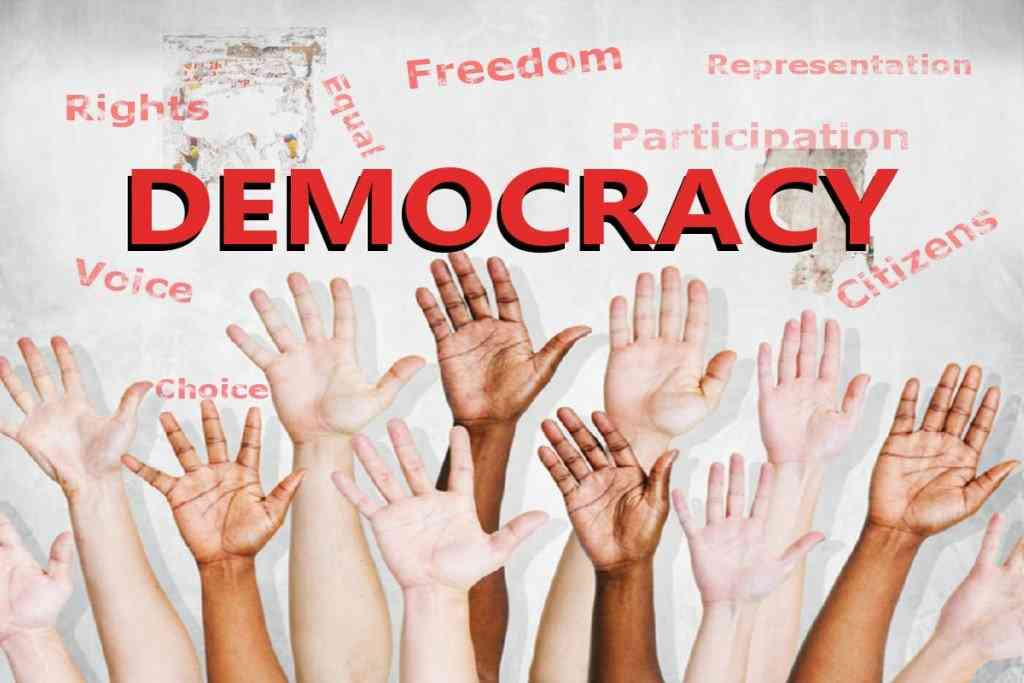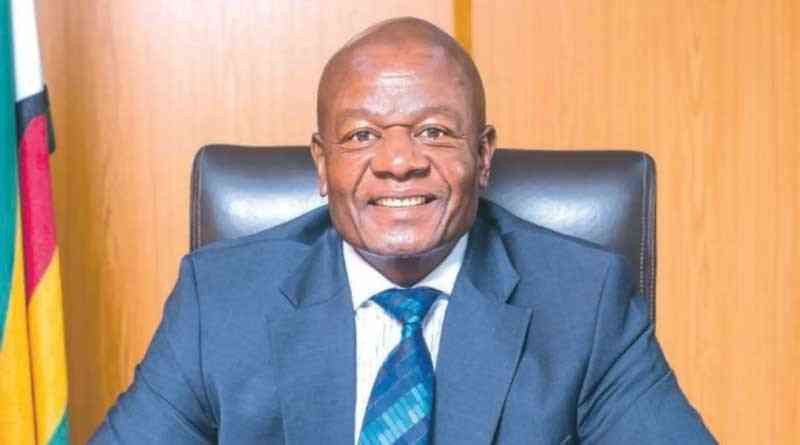
Democracy is a government by the people for the people. People are free to have a say in who should represent them in terms of governance and in the international arena.
Democracy is further explained by the Greek terms known as demos meaning “people” and “kratos” meaning rule, people are at the centre of power and have a say in rulership.
The people have power to elect the ruling authorities and also have an effect in legislation making. The 21st century now defines democratisation within the realm of international politicking as they move from dogmatic tenets of governance to a more liberal form of governance that holds dear the views of the people and their desires. It holds leaders accountable for every decision made or every action that is taken. It also comes with the selection of leaders through free, fair and competitive elections with an assurance of civil liberties and paying respect to the rule of law.
In this article, there is an appreciation of African Traditional political thought, that reconceptualises the notion of democratisation, elections and democracy to show an African flavour, against the Eurocentric view that downgrades African democracy, democratisation, and elections.
The traditional setup of African governments denounced the act of imposing a king on the nationals. There was a committee that was designed to be kingmakers hence those in charge of the kingmakers would be in consultation with the people. This board had the constitutional mandate of an oversight responsibility over the king and his conduct privately and publicly, this became evidence of Africa’s democracy that existed before the advent of the colonial era. The Asante king of Ghana, for instance, appeared absolute, yet he was required to seek the consent of chiefs in the Asante confederation before taking any action on a certain matter; the Zulu king was restricted by the Constitution of the land to make important national decisions without the ibandla, the highest council of state whereas today South Korea’s President imposed the martial law without any consultation yet Africa is bashed for being undemocratic. The Swazi king, ngwenyama, was selected by the ndlovukazi (queen mother) who was answerable to the liqoqo (inner council) and the libandla (general council) respectively. Traditional African societies were so strict with their rulers that they could expel the chief or king in the event of malpractice or insubordination.
Our original societies believed in the aspect of consensus where an issue was discussed out in the open to gain a collective perspective. In an African society, the traditional method of conducting affairs is by free discussion, where the elders of the community would sit under the big trees, and talk until they reach a consensus.
This shows how the African people were democratic having a council that allowed the free expression of opinions and discussions to resolve issues similar to what are called Summits today as Heads of Government meet.
It did not end with the council only but also included the general public to hear their views and opinions.
- Zim headed for a political dead heat in 2023
- Zec failing to level playing field: CiCZ
- Take Money clinches sponsorship deal
- Zimra targets US$ tax evaders
Keep Reading
The cycle would revolve around the chiefs referring back to the Dare in times of trouble and speaking to the public to hear their views on certain matters now known as public hearings yet the West speaks of Africa as a place that is barbaric and is a third world without any democratisation practices yet from the beginning African societies had their model of democratisation before the colonialists invaded the land and disrupted the pattern of governance that was already existing.
The people may not have been directly involved in the election of the most acceptable candidate from the royal lineage this exercise was carried out by the kingmakers, who were themselves chosen by the customs and traditions of the people anyway, but it was required that the choice proposed by the kingmakers was suitable enough to be endorsed by the generality of the people or else the proposed chief could be rejected by the people and replaced with their preferred choice. Hence the people’s opinion was central to democracy and could not be undermined.
African democratisation, democracy and elections are hindered by interventions from the West. That is why countries in West Africa have pushed back French influence through military juntas to achieve real sovereignty. The above-mentioned traditional government structures of Africa show how African democracy existed and was well established but was bulldozed by Western Eurocentric ways that mugged the African essence of governance. Deliberating on their model of governance African problems need African Solutions without Eurocentric interventions or Western interventions.
A lot is said about African democratisation, democracy and its elections that try to portray Africa as a jungle yet in the First World Countries their elections are brutal and endanger the lives of ordinary citizens. The architectures of democracy are seen firing bullets during Donald Trump’s 2024 Presidential campaign at a gathering that had many civilians yet these are the same people speaking badly of African democracy, democratisation and elections.
- Rommel Nyausopo and Samuel Mazomba are students pursuing a BSc degree in International Relations and Diplomacy degree at Africa University.










